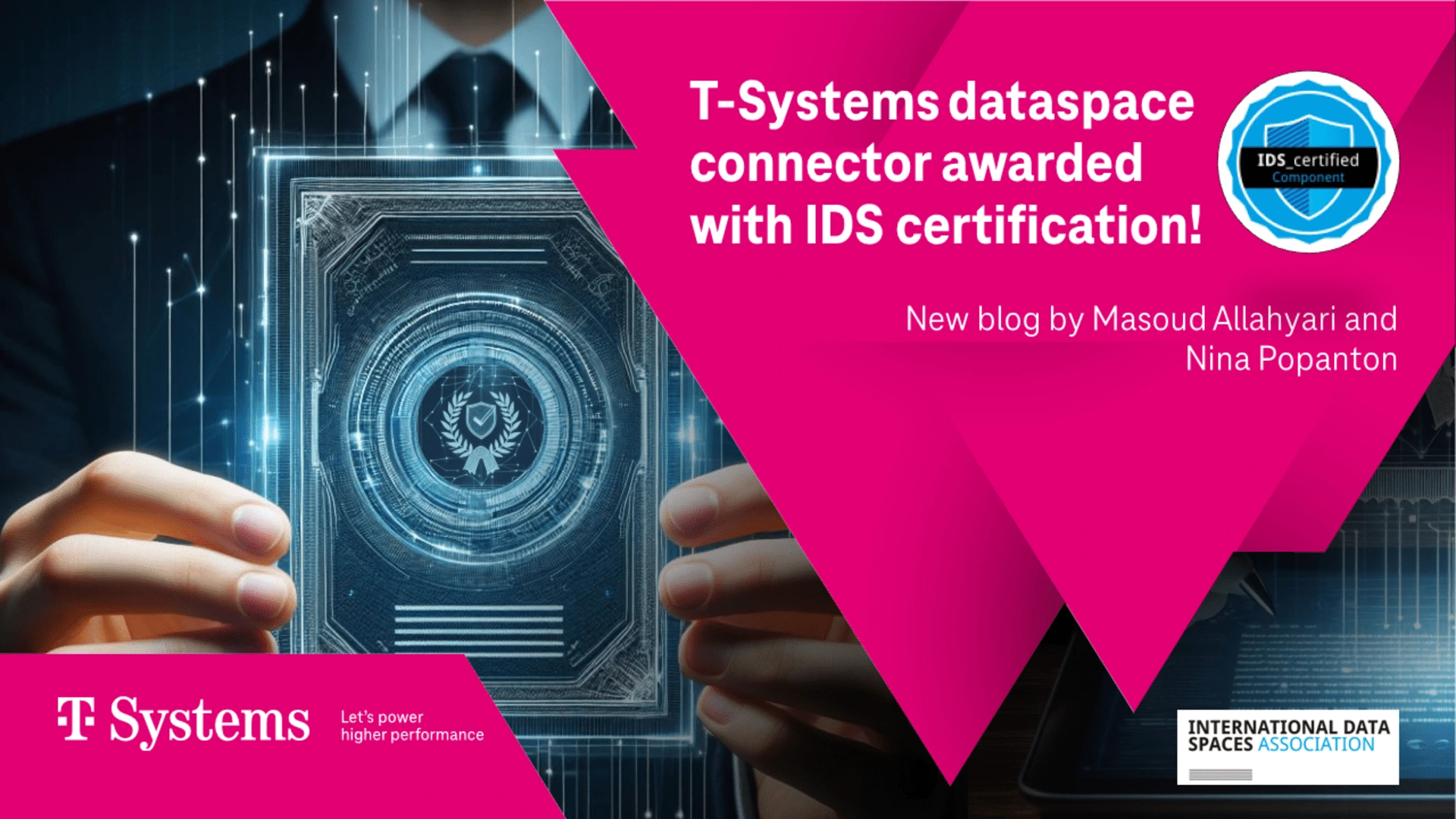“The world’s most valuable resource is no longer oil, but data”, the Economist wrote in 2017. But what can companies do with all the data they are creating? Those who manage to use, analyze and interpret data can leverage the results to realize competitive advantages, reduce cost and even manage to establish new areas of business.
Since September 2018, Deutsche Telekom’s Data Intelligence Hub is the solution for companies looking for ways to use data-driven insights for better decision making. By establishing the “1st cross-industry analytics platform” as an independent marketplace, Deutsche Telekom facilitates secure data exchange and monetization between companies.
Use cases for the DIH can be found in all industries accumulating data. Particularly in the logistics sector companies are facing challenges that can be solved by the DIH. Annually, about 30% of all deliveries arrive later than originally planned leading to even more delays in manufacturing and resulting costs.
Especially in complex supply chains, a single parcel has many different touchpoints and changes modes of transport – ranging from trucks to trains to ships and aircrafts. They are packed and re-packed and sometimes lost. But how can the customer determine, where and at which point their parcel received, for example, a shock leading to a fault in the product? How can grocery stores determine whether the cold chain stayed intact when the last batch of dairy products was delivered to them? Generally, the different logistics players do not want to share their data due to lack of trust and fear of giving their competitor a valuable advantage. Thus, many data silos exist next to each other. “Disruptive innovation happens in ecosystems. Ecosystems require collaboration between partners to jointly create value for the end customer. To bring this to life data sharing is needed. However, companies do not want to give away their data for free but want to make sure they are in control over who’s doing what with their data.”, says Prof. Dr. Boris Otto, Managing Director of Fraunhofer Institute for Software and Systems Engineering (ISST). “Thus, data sovereignty is a key differentiator for European enterprises, but in general all over the world. Deutsche Telekom’s Data Intelligence Hub was designed on the basis of the International Dataspaces (IDS) Reference Architecture Model; protecting the interests of data providers at all times.”
The DIH facilitates controlled and anonymous data sharing even among competitors to provide transparency and value to dedicated customers. Data owners keep sovereignty over their data and full control over what they want to share. If a company has demand for your data set (e.g., route information from Hong Kong to Rotterdam), you are given an offer and price for the anonymized data set.
With IoT bundles covering even complex supply chains from end to end, Deutsche Telekom not only offers the marketplace to trade data, but also the means and platforms to collect and analyze them. Collected in the Cloud of Things, Deutsche Telekom’s IoT platform, data can easily be transferred to the DIH to be further analyzed and combined. For example, near real-time data can be combined with historical route data and weather data to make more realistic predictions about ETA. Thus, enabling transparency in complex supply chains and improved production planning.
In the past, companies did not get the right answers to their analytical questions because data was missing. With the new enhanced feature set of the DIH, data gaps will be identified and closed, leading to more valuable insights in the process.
Dominik Temerowski, Head of Strategic Partners at T-Systems Digital Division will present the Data Intelligence Hub and some customer use cases at Teradata’s Analytics Universe conference, which will take place from 14th to 19th October in Las Vegas.






















